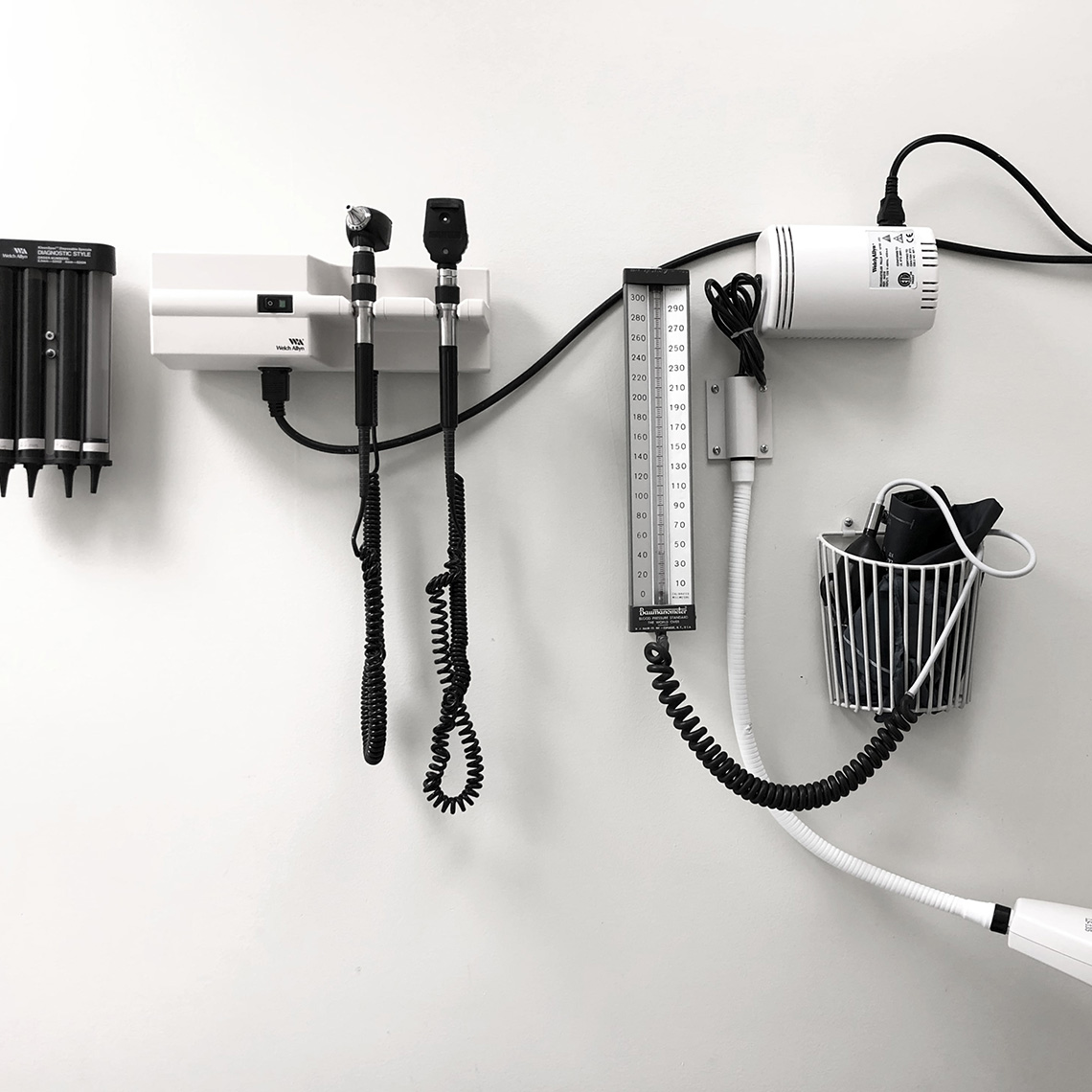Download PDF Free of Charge
Read about the practices employed to reduce risks that were the result of missed or delayed diagnoses.
Newsletter
Jun 30, 2013

The AMC PSO has performed an in-depth analysis of patient safety issues in the ED setting and has identified practices employed to reduce risks that were the result of missed or delayed diagnoses.
ED personnel need to be progressively educated in techniques to increase patient safety and cognizant of best practices to reduce their own risk.

Read about the practices employed to reduce risks that were the result of missed or delayed diagnoses.







